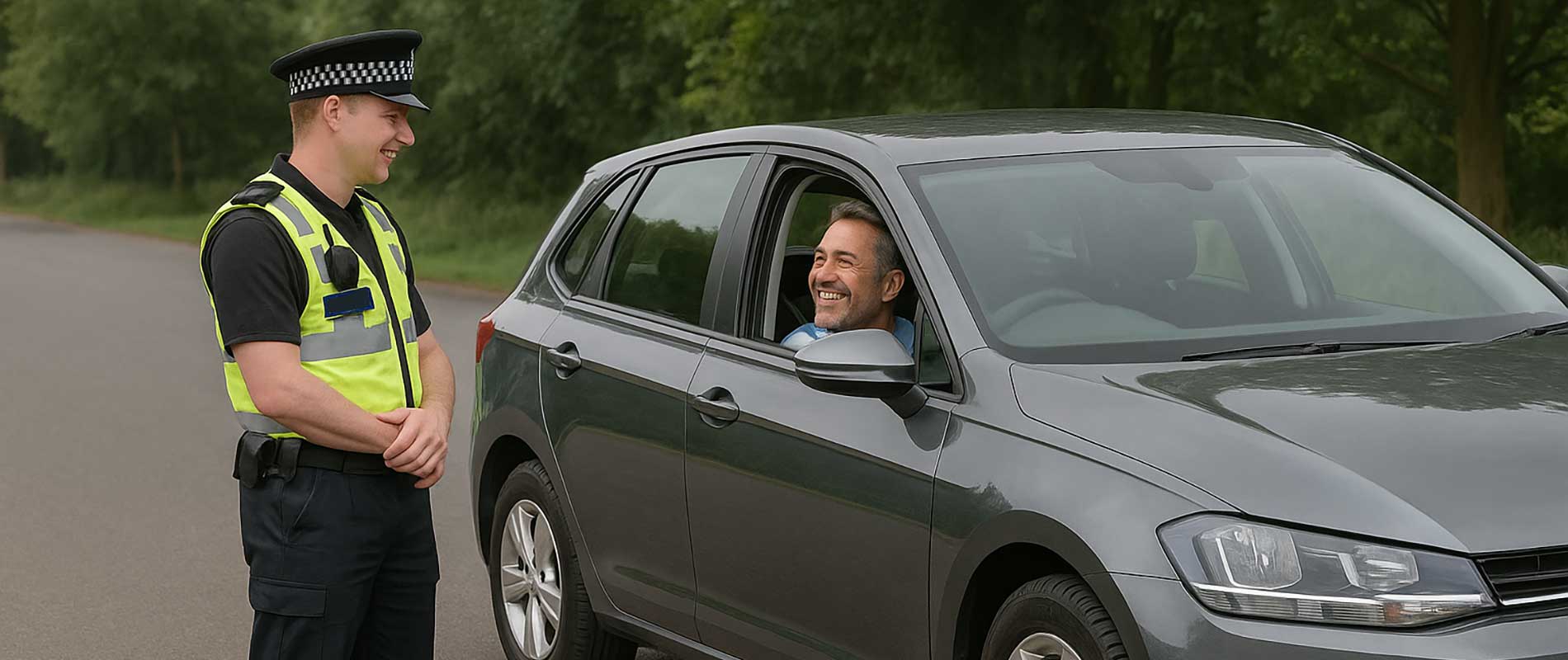What ‘Spent’ Really Means
When a conviction becomes “spent,” it means that, in the eyes of the law, you’ve served your time and are legally treated as if the offence never happened. You don’t have to declare it when applying for most jobs or car insurance. However, until that point, insurers and employers can still ask about it; and you must answer truthfully. Knowing exactly when a conviction becomes spent can save you from both unnecessary over-disclosure and accidental omission.
The Rehabilitation of Offenders Act 1974 sets out how long different types of convictions take to become spent. For motoring offences, it depends on the sentence, not the offence itself.
How Long Motoring Convictions Take to Become Spent
In most cases, driving convictions are considered spent five years after the date of conviction, unless the court imposed a prison sentence. That includes common offences like speeding, careless driving, or driving without insurance. But some serious convictions; especially those involving drink or drugs; stay relevant for longer.
Here’s a rough guide for typical motoring offences:
- Standard motoring convictions (fines or penalty points): usually spent after 5 years
- Drink- or drug-driving convictions: often spent after 5 years, but the DR10 or DG10 codes stay on your licence for 11 years
- Disqualifications: spent once the ban period ends, provided no additional sentence was imposed
Remember, “spent” and “removed from your licence” aren’t the same thing. A conviction can be spent for legal purposes but still visible on your driving record for a while longer.
How to Check Your Status
The easiest way to check if your conviction is spent is to look at your driving record online. Visit the DVLA’s View Driving Licence service, which shows:
- All active penalty points and endorsement codes
- The dates each offence was added
- When they’ll be removed from your record
If nothing appears on your record, your conviction has likely expired from the DVLA’s system. But to confirm whether it’s legally spent under the Rehabilitation of Offenders Act, you can also use the UK government’s Disclosure Calculator or contact a legal advice service such as Citizens Advice. They can help clarify tricky cases; especially if your sentence involved more than just points or a fine.
Why It Matters for Insurance
Insurers rely on honesty. If a conviction is still unspent, you must declare it when applying for a policy. Once it becomes spent, you no longer have to mention it unless the insurer specifically asks for “all convictions ever received” (which is rare). Not declaring an unspent conviction can invalidate your cover and cause major headaches if you make a claim.
On the other hand, declaring spent convictions can sometimes push your premium up unnecessarily. That’s why it’s worth checking the exact dates; you may already be eligible for cleaner, cheaper quotes than you think.
When to Stop Declaring a Conviction
You can stop declaring a motoring conviction once it’s legally spent. For most drivers, that means five years after the conviction date, or sooner if you were under 18 at the time. Disqualifications and bans are treated as spent once they end, provided no other sentence was attached. If you’re unsure, double-check before applying for new insurance; it’s always safer to be certain.
After that, you can answer “no” when asked if you have any motoring convictions. You’ve earned that clean slate, so make use of it.
Keeping Your Record Clean Going Forward
Once your conviction is spent, the best thing you can do is keep it that way. Drive safely, stay within speed limits, and renew your insurance on time. Every year without new offences rebuilds your profile with insurers. Within a few years, you’ll be treated no differently from someone who’s never had a conviction at all.
So take five minutes to check your record; it could be the moment you finally put that chapter behind you for good.

